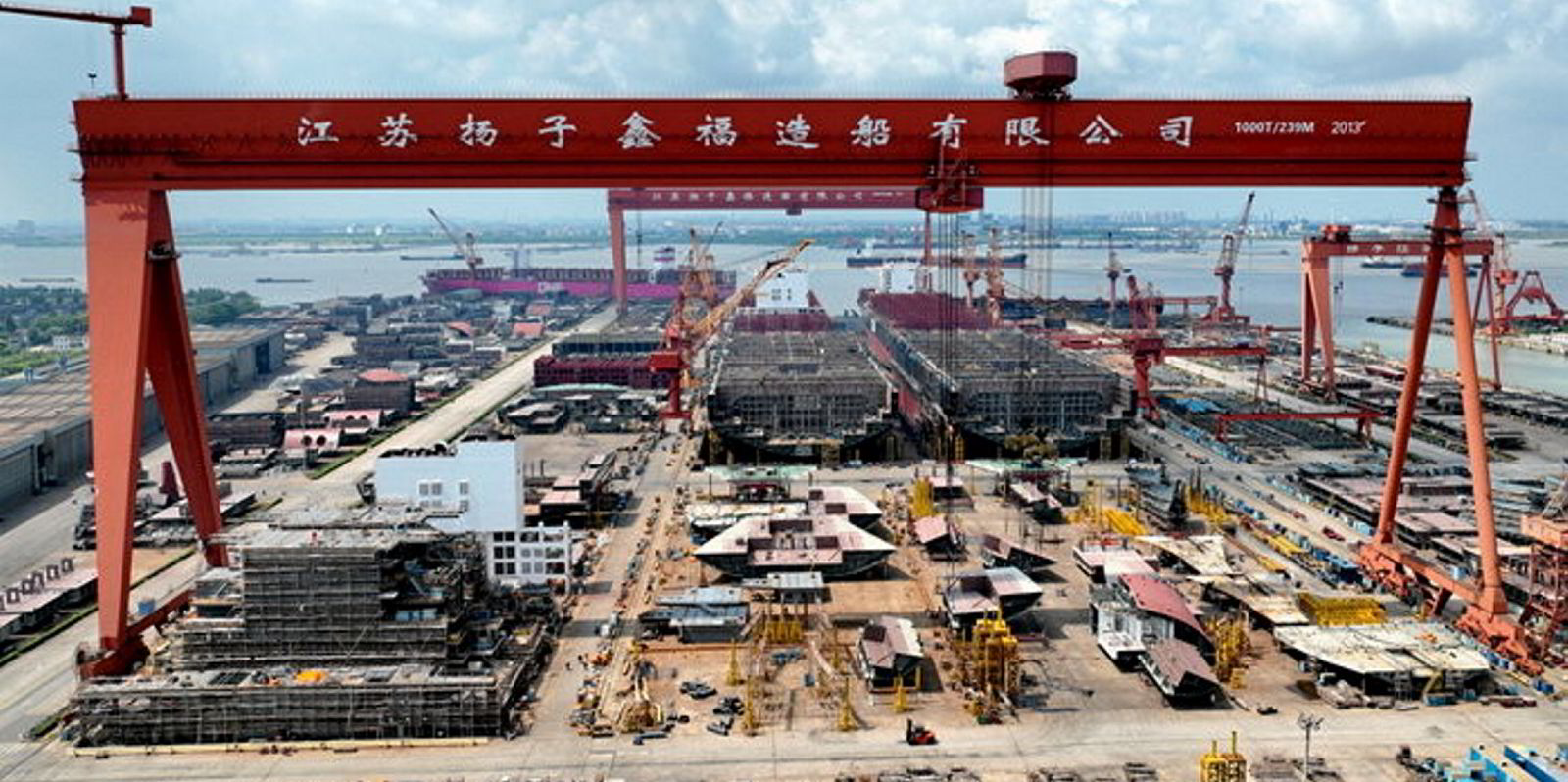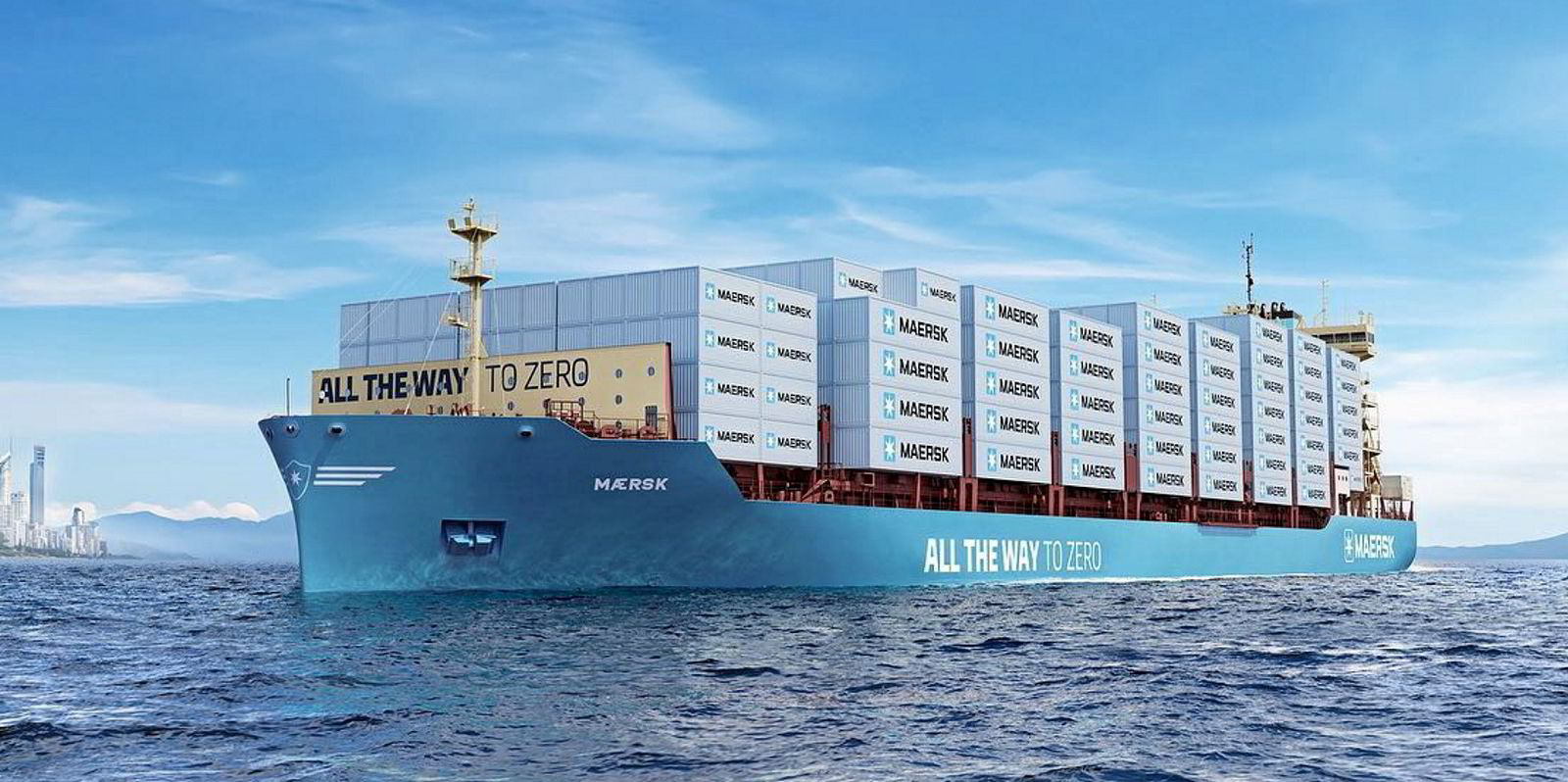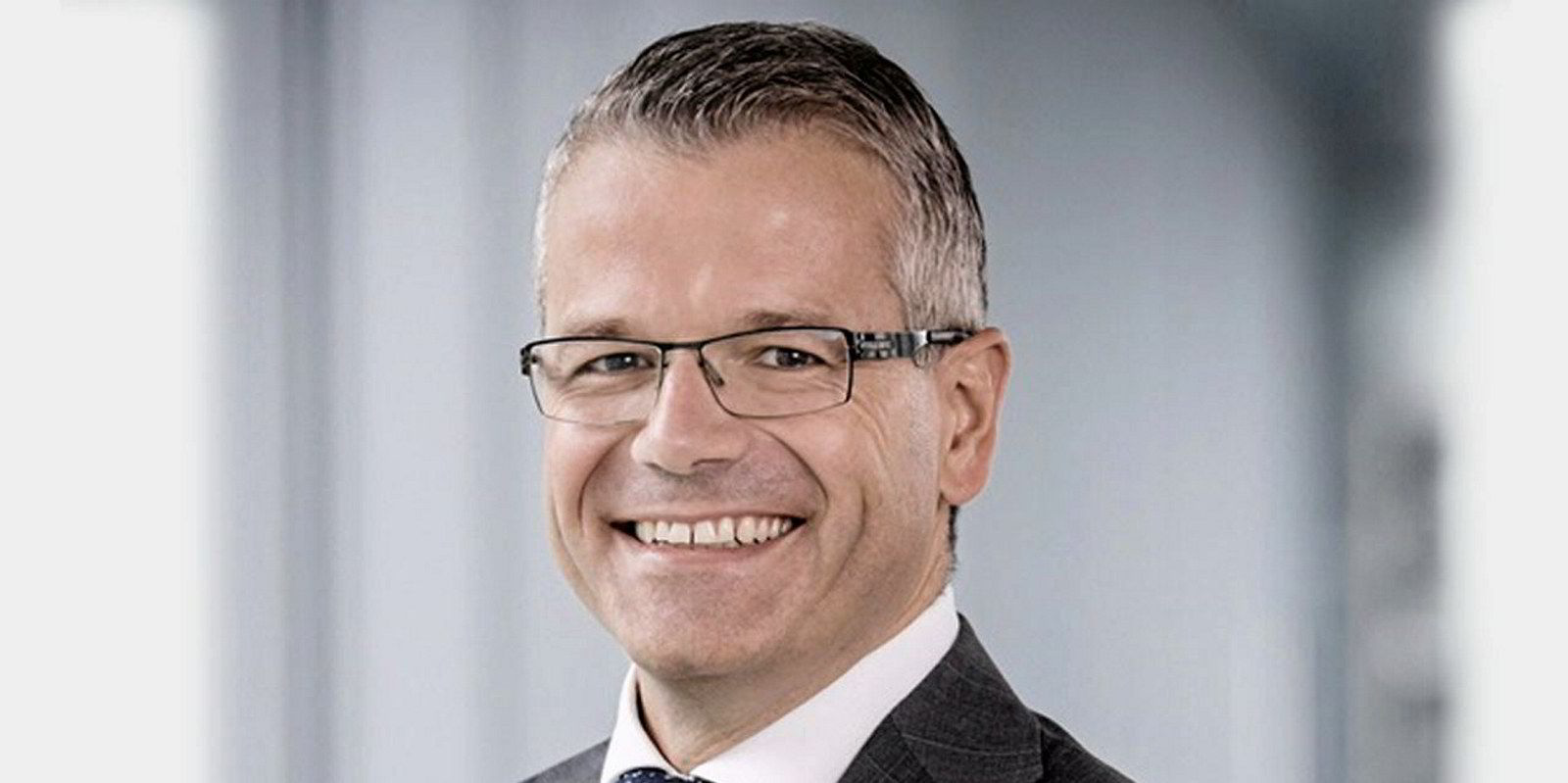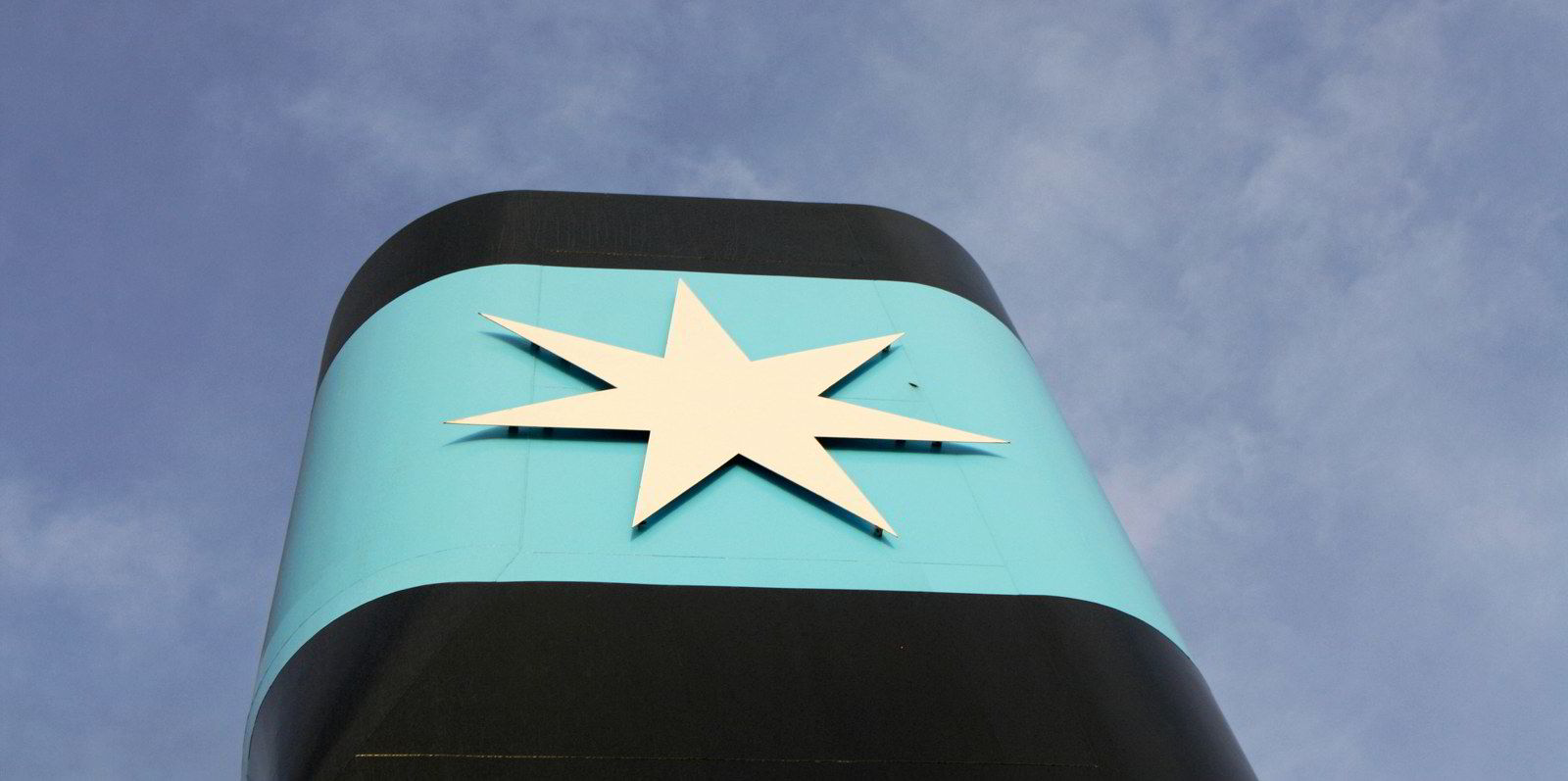AP Moller-Maersk’s plummeting profit is not stopping the company investing in new ships.
It is poised to order a series of methanol-fuelled neo-panamax newbuildings that will cost at least $1.38bn.
Shipbuilding players said Maersk has signed a letter of intent with China’s Yangzijiang Shipbuilding for eight firm 8,000-teu container ships, with four options.
The Danish liner giant is now building up a significant lead on rivals in the race to secure newbuilding slots and procure fuel for methanol-fuelled boxships.
According to Alphaliner, methanol dual-fuelling is the fastest-growing clean fuel niche in container ship newbuildings, accounting for 68 ships of 930,000 teu and 12% of the orderbook by capacity.
Maersk is said to have approached major shipyards in South Korea and China, picking Yangzijiang based on its competitive price and delivery slots.
One source said South Korean shipyards sought in excess of $130m per ship, while “aggressive” Yangzijiang quoted around $115m.
The yard is also said to be able to deliver the octet between the end of 2025 and 2026, while South Korean shipbuilders were offering slots from the second half of 2026.
Yangzijiang officials declined to comment on its newbuilding activities, citing contract confidentiality.
Shipbuilding sources said the order is part of Maersk’s goal to reduce greenhouse gas emissions to net zero across the entire business by 2040.
It has set a 2030 target of transporting 25% of its cargo volumes on green fuels and a principle of ordering only newbuildings that can operate on green fuels.
“We heard the company needs to renew a lot of its ships and we will see them very active in the shipbuilding market,” said one source.
Maersk is due to take delivery of one methanol dual-fuel 2,000-teu feeder boxship that was launched last month at Hyundai Mipo Dockyard. It will be the company’s first carbon-neutral vessel that can run on very low-sulphur fuel oil or methanol.
The new ship will be deployed in the network of Maersk subsidiary Sealand Europe on the Baltic route between Northern Europe and the Bay of Bothnia.
Maersk has teamed up with REintegrate, a subsidiary of Danish renewable energy company European Energy, to produce green fuel for the feeder boxship.
Maersk also has 18 newbuildings of 16,000 teu each under construction at Hyundai Heavy Industries.
These methanol dual-fuel ships were ordered in 2021 and 2022 at an average cost of around $180m apiece.
According to Clarksons’ Shipping Intelligence Network, HHI is due to deliver the first vessel in February 2024 and the rest in 2024 and 2025.
If Maersk firms up the 8,000-teu newbuildings with Yangzijiang, it will be the first methanol dual-fuel deal for the shipyard, which is best known for building container ships and bulk carriers.
It contracted 23 newbuildings worth $1.18bn in the first quarter of 2023 and has achieved close to 40% of its annual order target of $3bn.
Yangzijiang has 147 newbuildings worth $10.98bn on its orderbook. Container ships comprise most of the orderbook, with 82 newbuildings worth $7.83bn. LNG dual-fuel vessels make up 31 of the boxship newbuildings.






